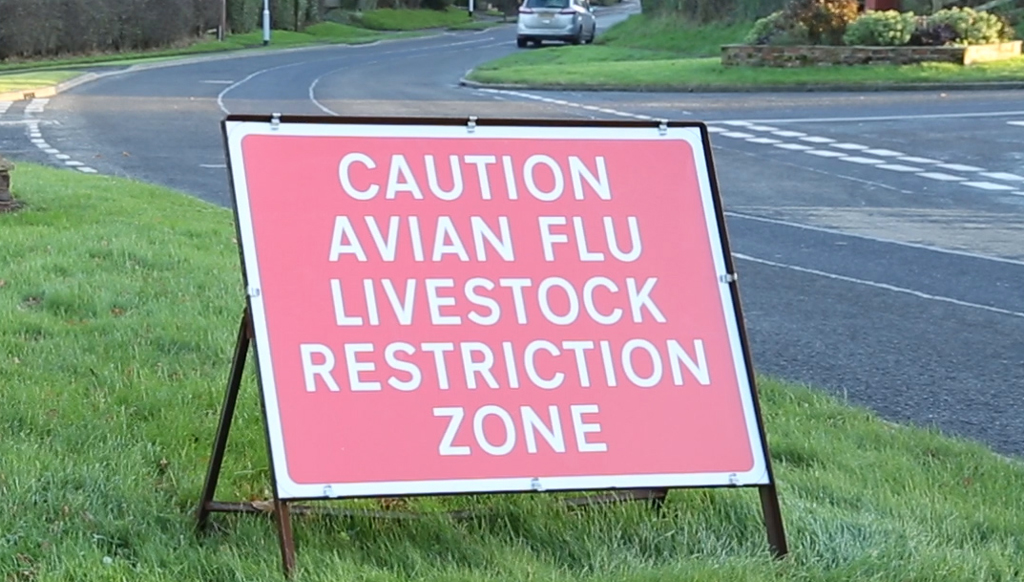The chief vets of Wales, Scotland, Northern Ireland and the UK have issued a joint call for keepers to take simple preventative measures, whether they run a large commercial farm or keep just a few pet chickens in their back garden.
The aim is to ‘get ahead of the game’ before autumn migrations of ducks and geese begin.
Keepers should:
- Keep the area where birds live clean and tidy, control rats and mice and regularly disinfect any hard surfaces. Clean footwear before and after visits.
- Place birds’ food and water in fully enclosed areas that are protected from wild birds, and remove any spilled feed regularly.
- Put fencing around outdoor areas where birds are allowed and limit their access to ponds or areas visited by wild waterfowl.
- In Great Britain, stay alert by signing up online to a free service to receive text or email alerts on any outbreaks of bird flu in the UK. You can also quickly and easily register your flock online. In Northern Ireland, visit the DAERA website for further information.
UK chief veterinary officer Nigel Gibbens said: “While it is undoubtedly good news we haven’t confirmed a case in kept birds in the UK for two months, the disease remains a threat – particularly as we move again towards the colder months.
“For that reason we cannot afford to rest on our laurels and I want to remind keepers of flocks large and small to do everything they can to reduce the risk to their birds.
“Simple actions you can take now, such as regularly cleaning and disinfecting the area where you keep your birds and signing up for free disease alerts, could really help to reduce the risk of your birds becoming infected this winter.”
Last winter, the H5N8 strain of bird flu was found in 13 kept flocks in the UK – ranging in size from as few as nine to as many as 65,000 birds. We have seen a decline in the number of new cases during the summer, but the disease is still circulating in kept poultry across Europe, with Italy the most recent country to suffer a series of outbreaks.
It has also recently been confirmed in a dead mute swan in Norfolk.
The NFU has worked closely with government to raise awareness of risk reduction and high standards of biosecurity, even though the immediate disease risk has dropped.
They and the other members of a cross-industry effort are also keen to highlight the impact of bird flu on the poultry industry - a case in a backyard flock leads to the same trade restrictions in an area as an outbreak on a commercial farm, so protecting chickens in a back garden from the disease also protects farmers locally and nationally.
If you are concerned about the health of your birds you should seek advice from your veterinary surgeon and if you suspect that your birds have AI, you should report it to your local Animal and Plant Health Agency office.
All keepers in Great Britain can stay up to date with the latest situation by signing up for the Animal and Plant Health Agency’s free alerts service..
